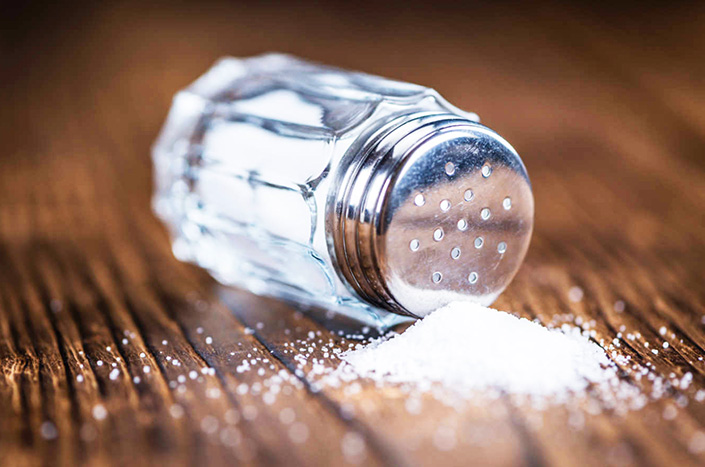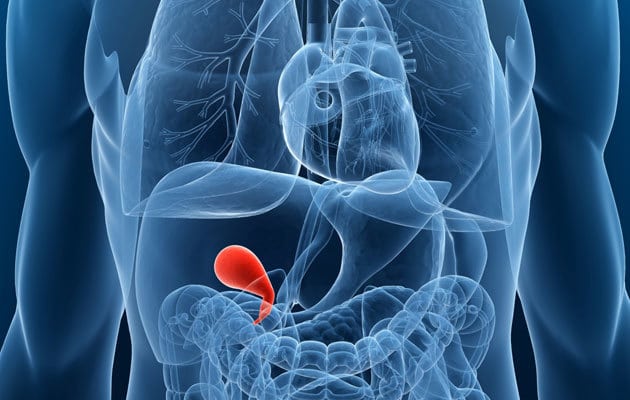According to nutrition experts, there are a total of 13 vitamins that your body needs. It’s important to have small doses of them on a regular basis for the attainment of optimum health. The good news is you can obtain all of them for as long as you have a well-balanced diet. Otherwise, you may have to take them as supplements.
This article will get you introduced between water-soluble vitamins and fat-soluble vitamins. Knowing what they are is important especially if you are taking them in supplement form in order to save you from flushing your money down the drain and also keep certain health complications at bay.
Especially if you have health-conscious family members and friends, make sure that you share this article afterwards on your different social media sites.
Water-Soluble Dissolves in Water
It’s easier to remember water-soluble vitamins than fat-soluble vitamins because you only have to remember a couple of vitamins, and they are vitamins C and B. Well, there are actually 8 different types of B vitamins, but there’s no need to figure out which ones of them are water-soluble because all of them are water-soluble vitamins.
Health authorities say that it’s important to keep on supplying your body with small amounts of vitamins C and B frequently because unused ones are constantly eliminated by means of your kidneys.
This is the reason why it can be extremely hard for you to overdose on water-soluble vitamins because excess ones are simply removed in the form of pee. However, it’s not really a good idea to take more water-soluble vitamin supplements than recommended as this can leave your kidneys overworked.
Fat-Soluble Needs Fat
On the other hand, fat-soluble vitamins do not dissolve in water but rather fat. It’s exactly for this reason why it is a good idea for you to take fat-soluble vitamin supplements with food, especially something that contains fat. Otherwise, your digestive system will fail to properly absorb those fat-soluble vitamins.
By the way, fat-soluble vitamins include vitamins A, D, E and K. Unlike water-soluble vitamins, these fat-soluble ones cannot be removed from the body via your kidneys. Instead, they get stored in fatty tissues of your body until such time that they are completely used up.
Needless to say, it’s a must that you take your water-soluble vitamin supplements are recommended by the manufacturer. Such is done in order to keep complications of overdosing on them at bay.
They’re Best Taken With Meals
Earlier, it was mentioned that fat-soluble vitamins should be taken with food, including especially something that has fat in it. Because water-soluble vitamins can be absorbed readily by the body since, after all, your body is about 70 percent water, it’s possible for them to be taken on an empty stomach.
However, this is not recommended most especially if you are prone to getting heartburn as a result of acid reflux or GERD, which is short for gastroesophageal reflux disease.
Vitamin C most especially is notorious for causing the unfavorable symptoms of acid reflux or GERD to strike. That is why it is a good idea for you to also take your water-soluble vitamin supplements with meals. But if you encounter no issue after taking them on an empty stomach, feel free to do so.
Best Taken in the Morning
According to nutrition experts, it’s a good idea for you to take your vitamins, water-soluble and fat-soluble alike, right after your breakfast. This spares you from having to worry about taking them later on during the day. Especially if you are a very busy individual, you may only fail to remember to take your vitamins.
By the way, refrain from taking vitamins C and B at night, experts say. That’s because vitamin C may trigger nighttime acid reflux or GERD, while B vitamins may keep you from falling asleep as they tend to excite the nerves.








